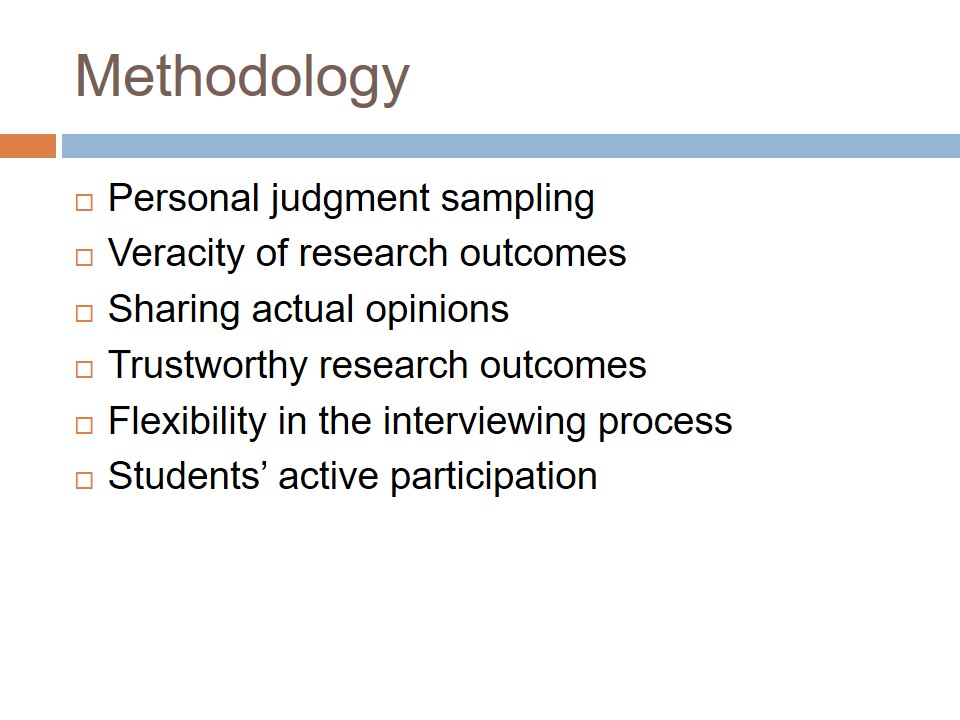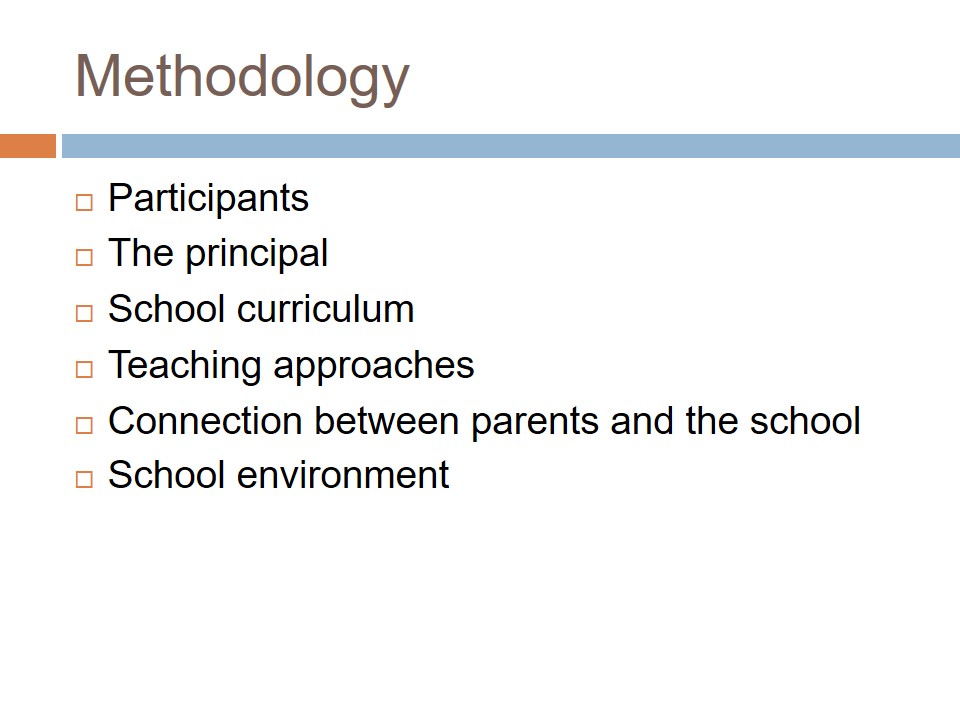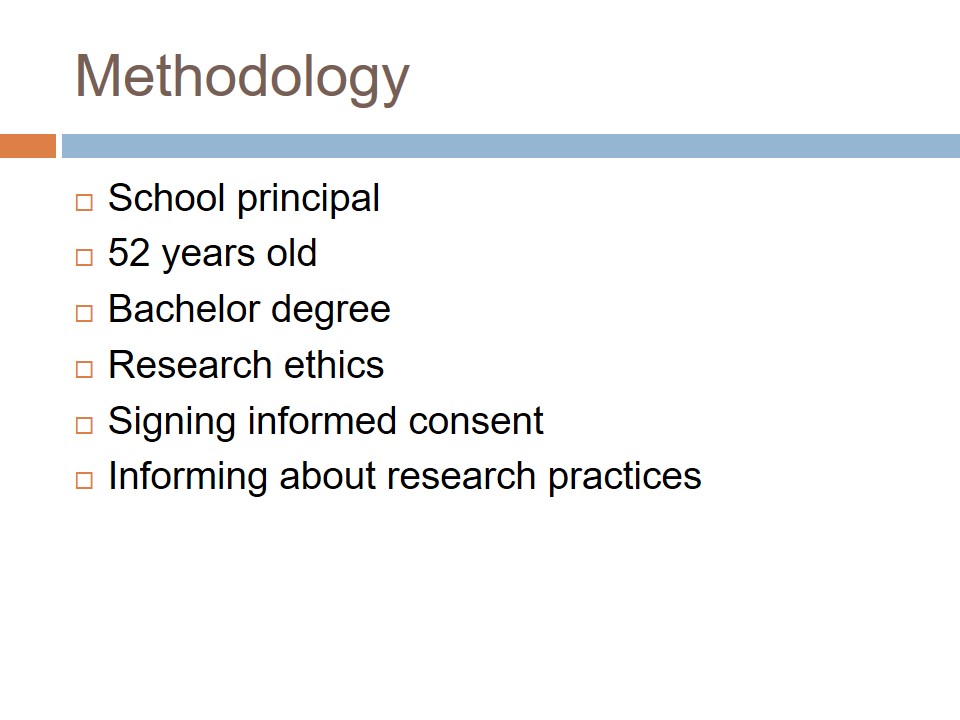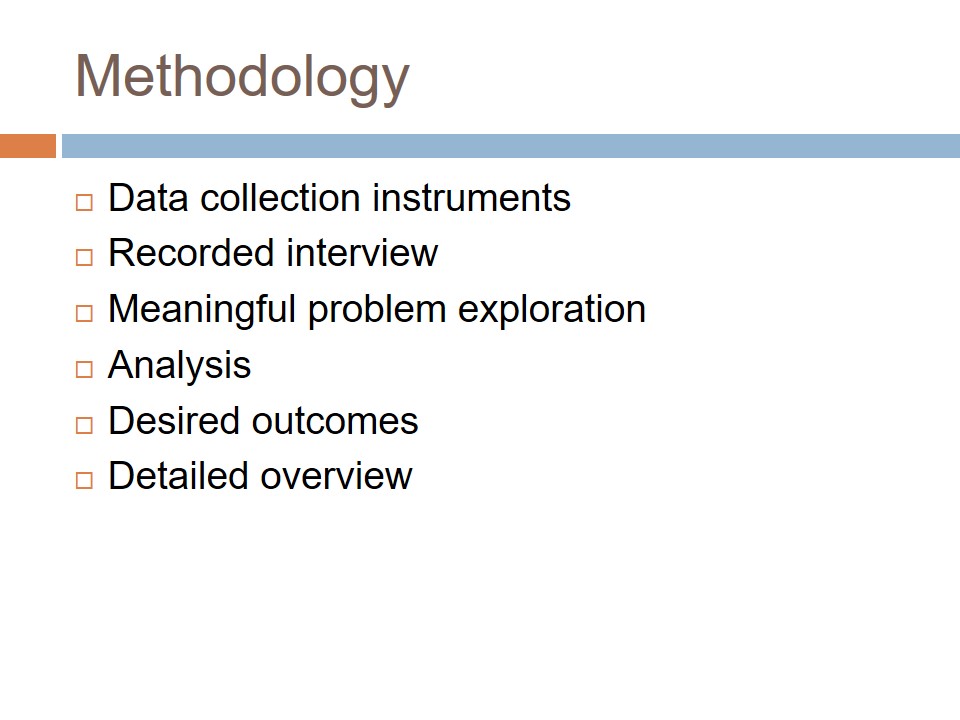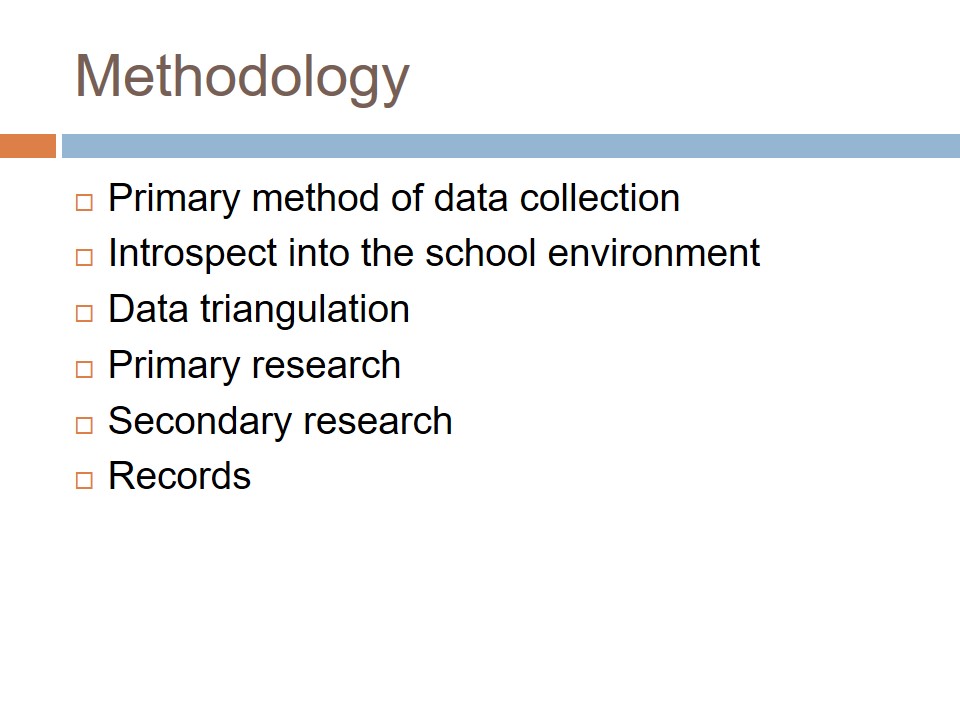Introduction
- Parent-school partnership opportunities;
- Interview with the principal;
- Interview with the students;
- Tools for improving parent-school communication;
- Inviting parents to join the dialogue;
- Establishing reasonable relationships.
Exploring opportunities for partnership between a school and the students’ parents is essential. The current paper includes an interview with the school’s principal regarding the opportunities for parent-school partnership. The interview sheds light on the tools used for improving the quality of parent-school communication and inviting parents to engage in a dialogue.
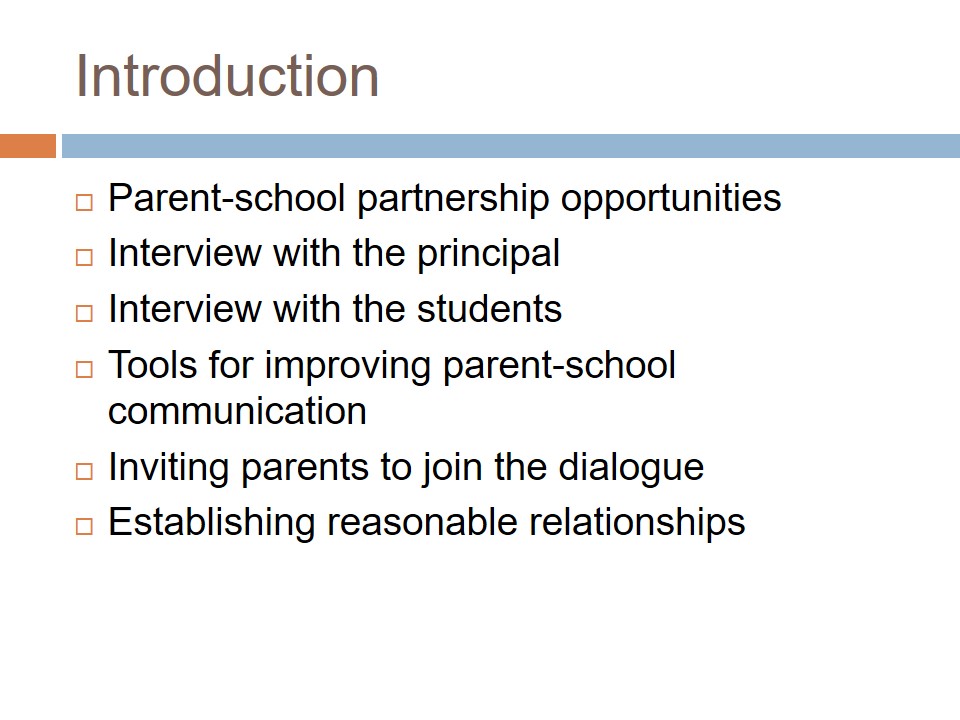
Theoretical Framework
- Vision.
- Mission.
- Philosophy.
- Shared Goals.
- Mutual Understanding.
- Improving Learning Outcomes.
- Long-term objectives.
- Short-term objectives.
- Principles.
- Values.
- Beliefs.
- Agreements.
Vision. The current study sees the learning process as the combined effort of all the members involved, including teachers, students, and their family members. The presence of family support is an essential factor for students’ further academic progress; therefore, it is crucial to use all available tools for the further enhancement. The research looks at the partnership between teachers and families as the ultimate positive outcome.
Mission. Encouraging the active partnership between parents and educators, particularly, information sharing and guidance, as well as creating a comfortable environment, in which learners will be able to acquire the relevant knowledge and skills in a manner as efficient and instant as possible, can be considered the primary mission of the researchers.
Philosophy. The principles of the Social Interaction Theory (SIT) by Vygotsky will be used as the foundation for the further enhancement of the partnership between parents and teachers and the promotion of academic success among students. Particularly, the fact that every experience occurs on two levels, i.e., social (interpsychological) and individual (intrapsychological), will serve as the foundation for building a comprehensive approach toward improving learning outcomes (Yellin, 2017).
Shared goals. The goals of the study include developing a better understanding of learners’ needs. Particularly, the opportunity for meeting the needs of all students is viewed as the primary goal that both parents and teachers should share. The development of a better understanding of these needs, particularly, the specifics of inter- and intrapsychological learning processes for the target audience, is, thus, the key goal of the study (Schwebel, Fagley, & Maher, 2013).
Long- and short-term objectives. The short-term objectives include gathering essential information about the partnership techniques used by the school members. The long-term goal is to develop an improved framework for encouraging the further collaboration between parents and teachers.
Principles, values, and beliefs. The principles of social constructivism as the foundation for explaining the connection between personal and social experiences of learners will be used in the study. Furthermore, the concept of the zone of proximal development will be incorporated into the study to analyze the opportunities and challenges faced by the students. The concept of multiculturalism will be viewed as the source of key values and beliefs.
Agreements. The agreement for creating a learning community and collaborating to promote students’ academic success is deemed as a necessity.
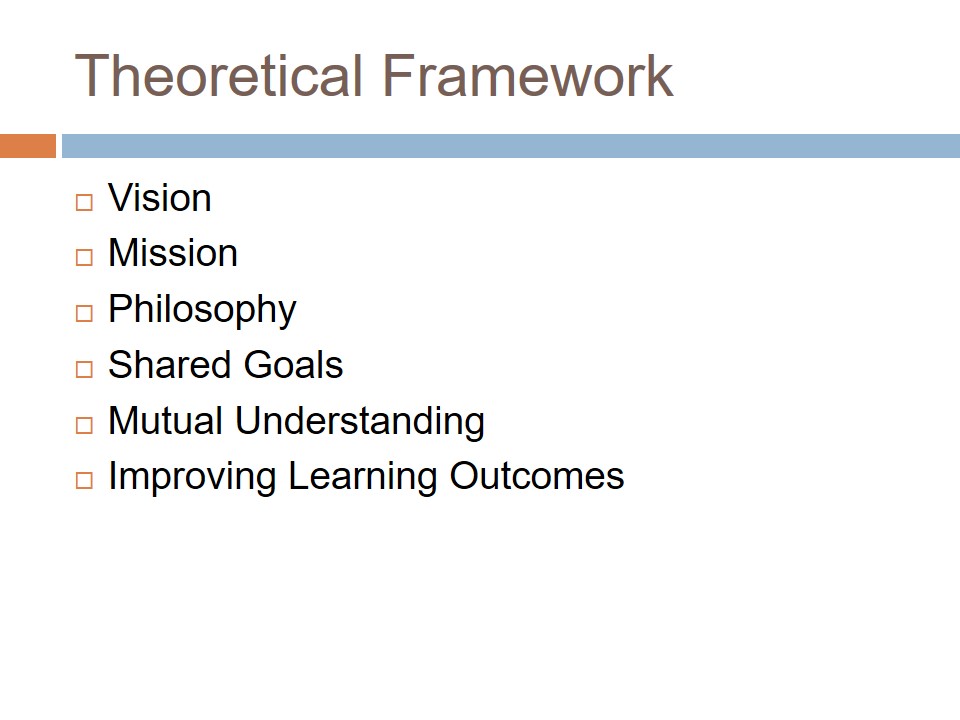
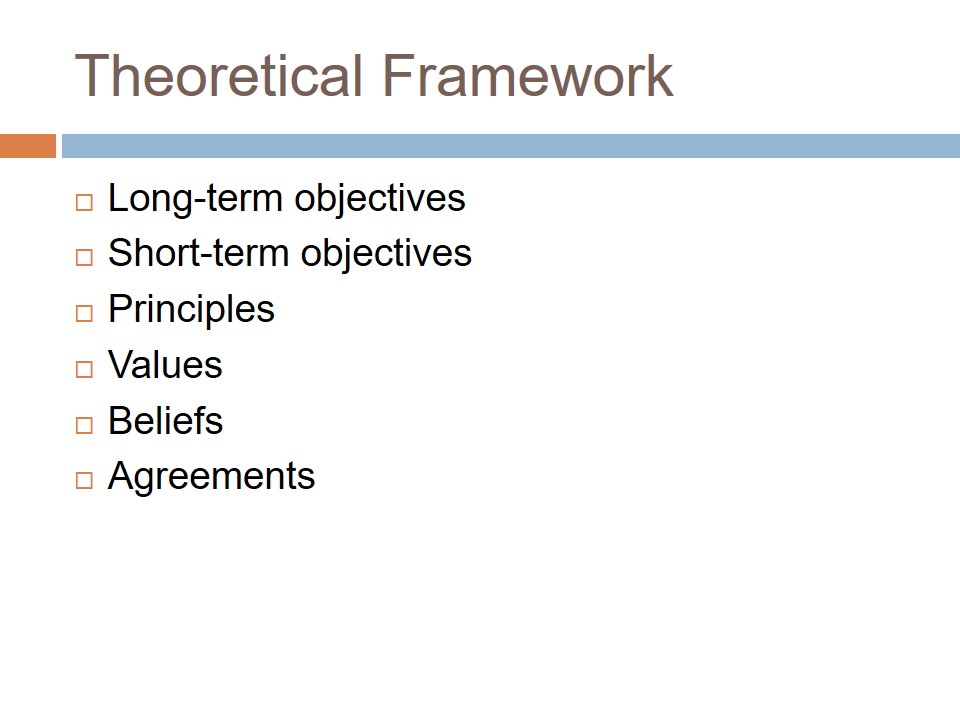
Purpose
- School-home partnership.
- The partnership’s nature.
- The partnership’s development.
- Associated challenges.
- Parent-educator partnership.
- Improving parent-educator communication.
The purpose of the interview is to learn more about the opportunities for school-home partnership, its nature, development, and the associated challenges. The purpose of the study is, therefore, twofold. The first and most obvious, the prospects of parent-educator partnership will be studied extensively. The results of the research mentioned above will inform the further development of strategies for improving the communication between parents and teachers. Moreover, the chances of providing students’ parents and family members with directions concerning their engagement in their children’s academic life will be analyzed. Finally, the outcomes of the interview will shed light on how the current learning environment can be improved by enhancing communication between teachers and parents.
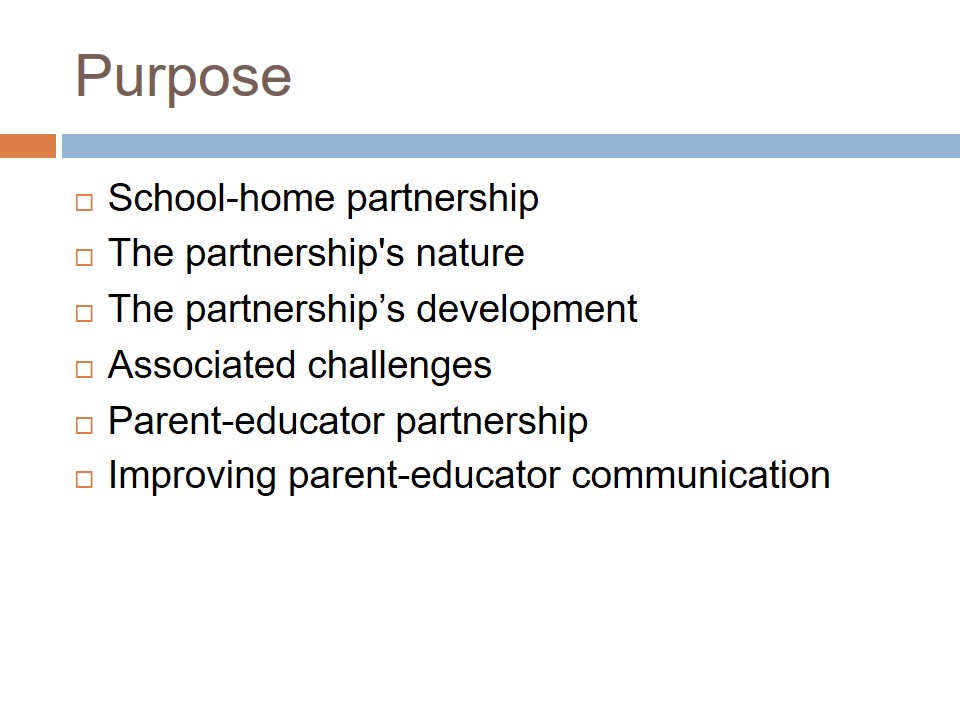
Link to Theory
- Vygotsky’s SIT.
- Zone of Proximal Development.
- Enhancement of educational partnership.
- Academic progress.
- Transfer to interpersonal cognition stage.
- Educational development.
As stressed above, Vygotsky’s SIT will be used as the foundation for exploring the opportunities to improve school-home communication. The information provided by parents will help develop a deeper understanding of the zone of proximal development (ZPD) for each student. As a result, an elaborate approach for addressing individual needs of learners will be built (Selmi, Gallagher, & Mora-Flores, 2014).
The enhancement of educational partnership between the school and the students’ families is bound to have a strongly positive effect on the learners’ academic progress and cognitive development. Parents will gain feedback about their children’s progress, whereas educators will be able to place the teaching process in a context and, therefore, introduce efficient strategies for the active acquisition of the essential knowledge and skills by the target population (Davis, Ferholt, Clemson, Jansson, & Marjanovic-Shane, 2015).
Furthermore, the transfer from the interpersonal to the intrapersonal stage of cognition will be enhanced by inviting parents to participate in the learning process. Particularly, the students’ family members will be able to provide a social context for the application of the knowledge that has recently been acquired in the school setting. As a result, the transition from the inter- to the intrapersonal level of cognition will be facilitated in a fast and efficient manner (Roth & Jornet, 2016).
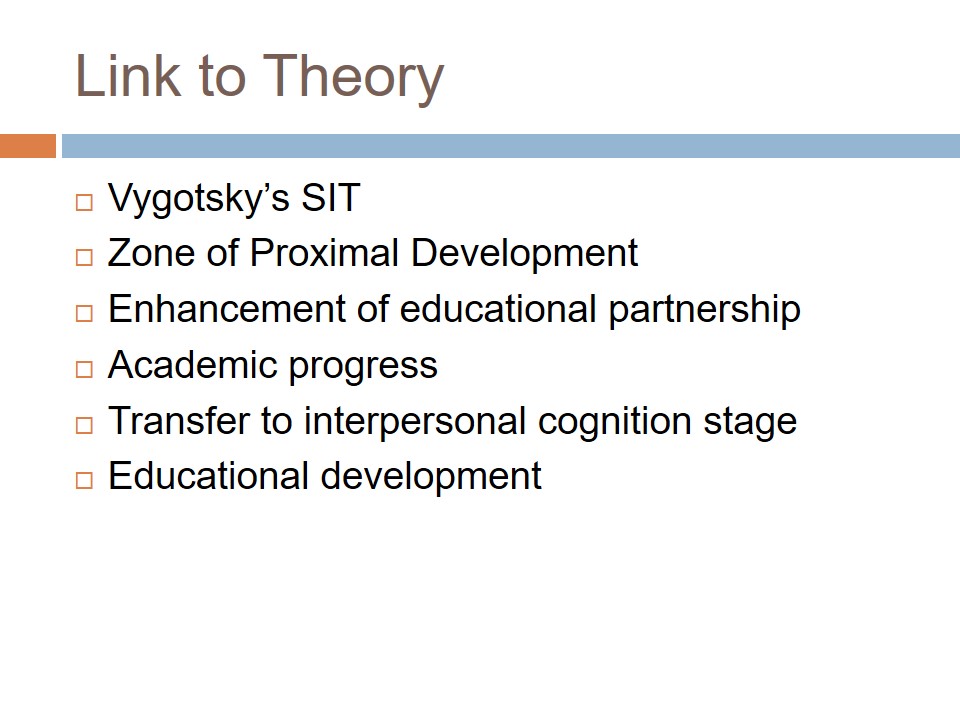
Educational Theory
- Cultural approach.
- Cross-cultural communication.
- Interpersonal understanding.
- School-home communication.
- Understanding students’ needs.
- Cognitive skills development.
As stressed above, the principles of Vygotsky’s SIT will be applied to the current study. It will be essential to shed light on the specifics of inter- and intrapersonal processes of knowledge acquisition by learners. Moreover, a cultural approach toward meeting the needs of the target population will have to be considered. It is paramount to build the environment in which cross-cultural communication will become a possibility, and where the learners will be able to connect their interpersonal understanding of the subject matter with the intrapersonal one in accordance with Vygotsky’s theory. Therefore, teachers will be encouraged to adapt toward culture-specific needs of learners and focus on appealing to their background knowledge and experiences. Thus, the target population will be able to develop a better understanding of what they are taught at school.
Here lies the significance of school-home communication. By building the environment in which teachers and parents can communicate efficiently, one will improve the environment in which students acquire the necessary knowledge and develop the relevant skills. Particularly, educators will have a better understanding of students’ specific needs. Therefore, the educational partnership between parents and schools has paramount significance to students’ further academic progress, as well as the overall development of cognitive skills.
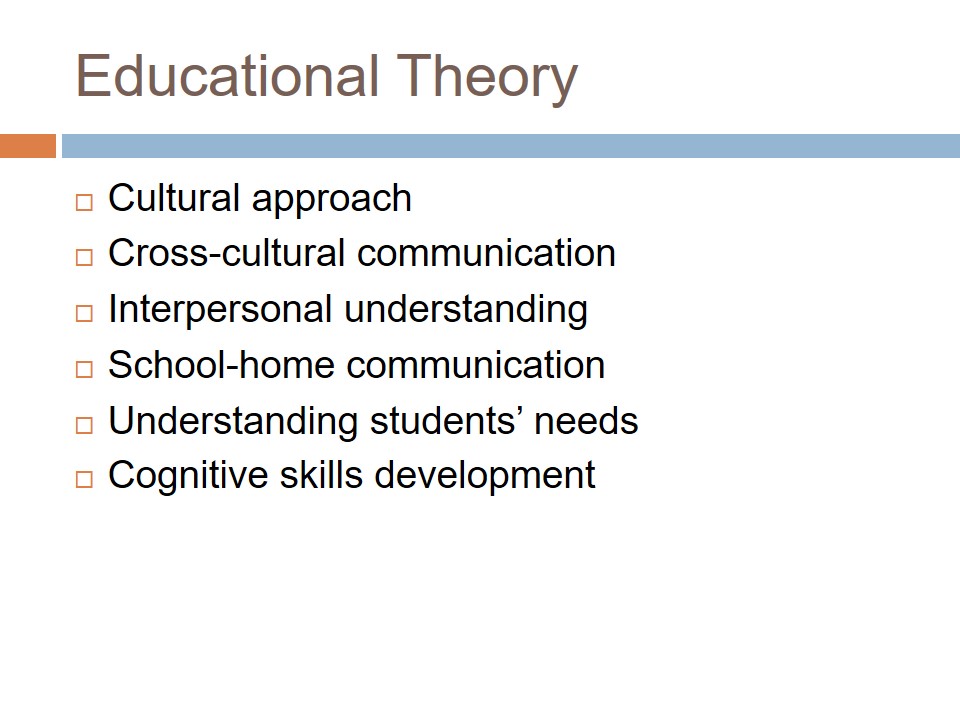
Principals and Communities
- Focusing on the outside world experience.
- Community recourses map.
- Mapping the key resources.
- Catering to the needs of learners.
- School curriculum shaping strategies.
- Involvement of social media.
As explained above, it is paramount that schools could connect to communities. Thus, the foundation for an in-depth learning process and the application of the teaching strategies based on the unique characteristic and backgrounds of learners will become a possibility. It should be borne in mind, though, that, for this purpose, school principals must be connected to communities. The specified goal can be attained by emphasizing the necessity to link the core curriculum to the realities of the outside world. Furthermore, it is crucial that principals should embrace the need to place the learning process in the context of the experiences that students are likely to have in the outside world.
Developing a community resource map can be used as the means of showcasing the importance of reconnecting to the communities and their members to the principal. The identified tool will allow mapping the key resources, at the same time pointing to the high diversity levels and the importance of catering to the needs of learners during the teaching process. The identified approach will also point to the possible strategies that can be utilized when shaping the school curriculum. Furthermore, social media must be deemed as one of the key devices for maintaining the connection between principals and communities.
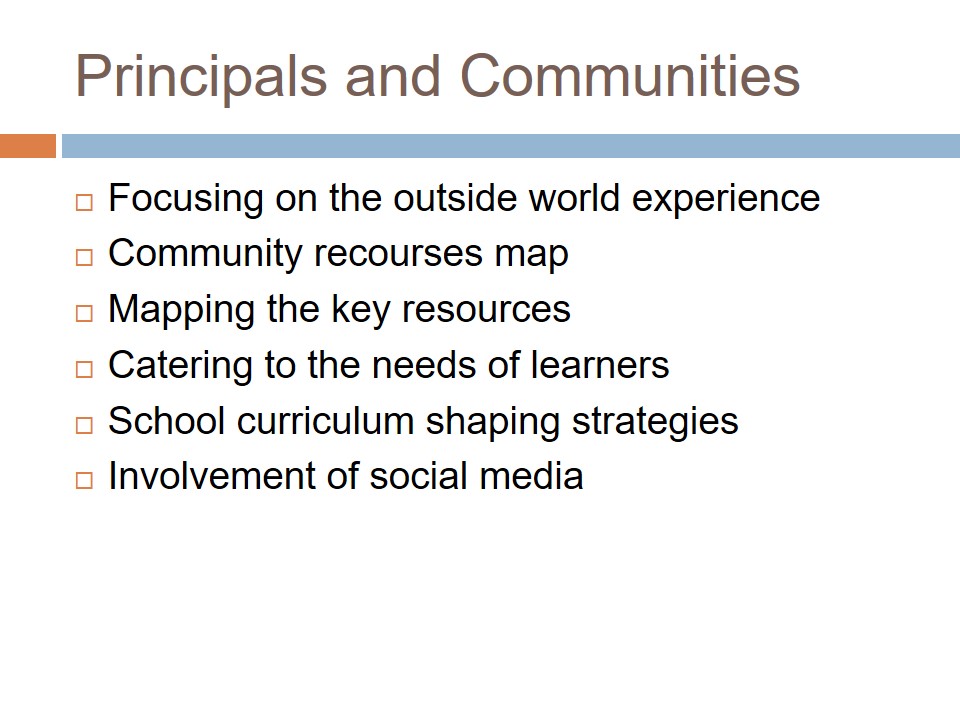
Methodology
- Personal judgment sampling:
- Veracity of research outcomes;
- Sharing actual opinions;
- Trustworthy research outcomes;
- Flexibility in the interviewing process;
- Students’ active participation.
- Participants:
- The principal;
- School curriculum;
- Teaching approaches;
- Connection between parents and the school;
- School environment.
- School principal:
- 52 years old;
- Bachelor degree.
- Research ethics:
- Signing informed consent;
- Informing about research practices.
- Data collection instruments:
- Recorded interview;
- Meaningful problem exploration;
- Analysis;
- Desired outcomes;
- Detailed overview.
- Primary method of data collection:
- Introspect into the school environment;
- Data triangulation;
- Primary research;
- Secondary research;
- Records.
Personal Judgment Sampling
The sampling process will be based on the principles of personal judgment sampling. By definition, the identified framework implies that the participation in interviews will be based on the personal judgment and willingness of students. The adoption of the identified technique is bound to have a positive effect on the veracity of the research outcomes since the participants will not be compelled to be interviewed and, therefore, will be inclined to share their actual opinions as opposed to saying what they believe is right to say. Consequently, the research outcomes will be trustworthy and applicable for addressing similar issues in other settings.
It should also be mentioned that the specified framework allows for a significant amount of flexibility in the process of interviewing students. For example, in case the participants are willing to engage in the active discussion of the problem and are ready to provide additional information, the specified technique can be replaced with a different approach. As a result, the premises for developing profound knowledge about the subject matter and contributing to the active participation among the students will be created. Herein lies the importance of adopting the personal judgment sampling as the means of selecting research material.
Participants
The principal is the primary participant in the study. The reasons for selecting the specified person as the key figure for the interview include the fact that the identified person shapes the school curriculum, defines the teaching approaches used by educators in the target setting, and, most importantly, is a mediator between the school and students’ parents. Therefore, engaging the school principal into the process of collecting the essential data and determining the issues regarding the connection between parents and the school is crucial. The principal will also shed light on the specifics of the school environment and the plausibility of the parent-teacher contact.
School Principal
The principal is a 52-year-old woman, who has been at the helm of the school for three years. She used to be an English teacher with a bachelor degree. Furthermore, she has been the supervisor of the English department, as well as the deputy principal. She has been the school principal for three years.
Research Ethics
The people recruited for the study will have to sign an informed consent prior to partaking in the research (see Appendix A). The following form will have to be signed:
My name is Latifa . You are asked to participate in a research study of opportunities for communication between teachers and parents. The purpose of the study is to define the opportunities for promoting school-home connection as the means of improving students’ outcomes in the specified setting. You are invited to take part in an interview in which you will be asked to provide information about the current state of parent-school communication. The risks posed by the research are minimal.
Data Collection Instruments
Recorded interview will serve as the main data collection instrument. The identified device will help obtain a plethora of information related to the establishment of school-home partnership. When considering the benefits of recorded interviews, one must mention the opportunity to engage in a meaningful exploration of the problem. Despite the fact that recorded interviews require detailed transcription and, therefore, a significant amount of time, they provide an extensive amount of data for the further analysis.
The application of a recorded interview as the primary means of data collection is also defined by the social desirability factor. Particularly, the interviewee is bound to address the problem from the perspective of the desired outcome. Therefore, the standpoint of the research participants will be explored in depth. The identified data collection instrument will help carry out a detailed overview of the environment in which the parent-teacher communication process occurs, thus, determining the problems in the current strategies and locating possible solutions.
Primary Method of Data Collection
As stressed above, interview will be viewed as a crucial tool for gathering the required data. The adoption of face-to-face interviews will help obtain a vast amount of information that will serve as the basis of the further development of a comprehensive approach toward encouraging school-home interaction and, therefore, improve the communication between parents and teachers. While incorporating a certain amount of subjective data, interviews will help take introspect into the school environment.
At this point, the issue of data triangulation needs to be mentioned. Seeing that the data obtained from the interview with the principal may contain subjective information, it will be crucial to increase its objectivity. Therefore, the method of data triangulation, which implies the use of different sources of data collection, including primary and secondary research, reports, records, etc., will have to be adopted. As a result, the veracity of research results will increase exponentially. The adoption of the data triangulation framework is, therefore, essential to the further improvement of outcomes. It builds the premise for the further increase in the credibility of research outcomes.
